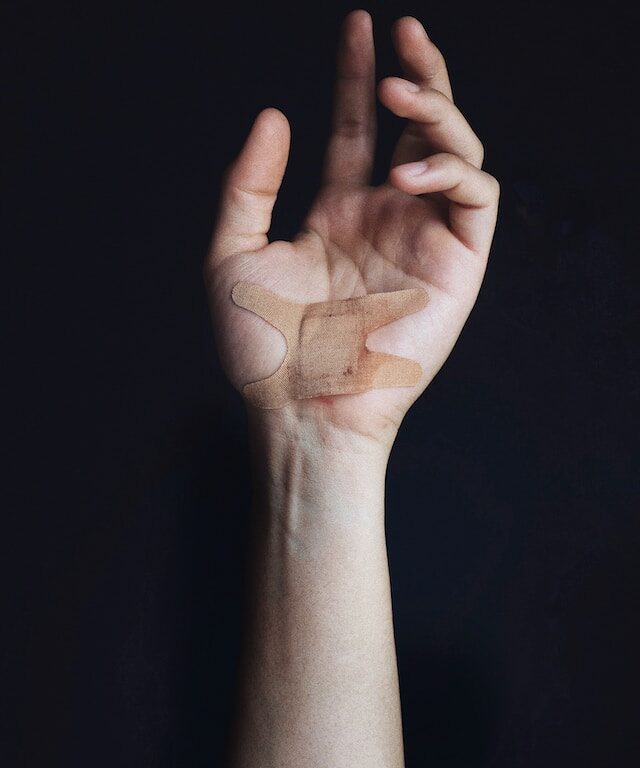Personal injury claims in Thailand involve legal disputes arising when an individual suffers harm from an accident or injury, and someone else might be legally responsible for that harm. These claims can cover a wide range of incidents, including road accidents, workplace injuries, medical malpractice, and slip-and-fall cases. Understanding the framework for personal injury claims in Thailand is essential for both residents and visitors, as the legal processes and compensation mechanisms can significantly differ from those in other countries.
Legal Framework
In Thailand, personal injury claims are governed by the Civil and Commercial Code, which outlines the principles of tort law. Under Thai law, a tort is a wrongful act or an infringement of a right leading to legal liability. To succeed in a personal injury claim, the injured party (plaintiff) must prove that the defendant’s actions were negligent and directly caused the injury.
The key elements of a tort claim in Thailand include:
- Duty of Care: The defendant must owe a duty of care to the plaintiff.
- Breach of Duty: The defendant must have breached that duty through action or inaction.
- Causation: The breach must be the direct cause of the injury.
- Damages: The plaintiff must have suffered actual harm or loss as a result.
Types of Personal Injury Claims
- Road Traffic Accidents: These are the most common personal injury claims in Thailand. With a high rate of road traffic accidents, often involving motorbikes, many claims arise from collisions and pedestrian accidents.
- Workplace Injuries: Claims can also arise from accidents at work. Employees injured on the job may seek compensation from their employer, particularly if the employer failed to provide a safe working environment.
- Medical Malpractice: When healthcare providers fail to meet the standard of care, resulting in injury or death, victims or their families can file a personal injury claim.
- Slip and Fall Accidents: These occur when someone is injured due to unsafe conditions on someone else’s property. The property owner may be held liable if negligence can be proven.
Compensation
The compensation for personal injury claims in Thailand aims to cover both economic and non-economic damages. Economic damages include medical expenses, lost wages, and rehabilitation costs. Non-economic damages cover pain and suffering, emotional distress, and loss of enjoyment of life.
The court assesses compensation based on the severity of the injury, the impact on the plaintiff’s life, and the degree of negligence by the defendant. In some cases, punitive damages may be awarded to deter particularly egregious behavior.
Legal Process
- Filing a Claim: The injured party must file a lawsuit in a Thai court. This involves submitting a formal complaint outlining the details of the injury, the negligence involved, and the compensation sought.
- Evidence: The plaintiff must provide evidence to support their claim. This can include medical reports, witness statements, photographs of the accident scene, and expert testimony.
- Negotiation and Settlement: Often, parties will attempt to settle the claim out of court to avoid lengthy litigation. Settlements can be negotiated through legal representatives or mediation.
- Trial: If a settlement cannot be reached, the case goes to trial. The court will hear arguments from both sides, review the evidence, and make a judgment.
Challenges and Considerations
- Burden of Proof: The plaintiff bears the burden of proving negligence, which can be challenging without adequate evidence and legal expertise.
- Legal Costs: Pursuing a personal injury claim can be expensive. Legal fees, court costs, and the potential need for expert witnesses can add up, which might deter some individuals from filing claims.
- Cultural Factors: In Thailand, there is often a cultural reluctance to pursue legal action, especially against respected individuals or institutions. This can influence the willingness of injured parties to seek compensation.
- Time Limitations: Personal injury claims are subject to statutes of limitations. In Thailand, the general limitation period for tort claims is one year from the date of injury, although there are exceptions and specific circumstances that can extend this period.
Recent Developments and Reforms
Thailand has been making efforts to improve the personal injury claims process. Recent legal reforms aim to streamline the judicial process, enhance access to justice, and ensure fair compensation for victims. The introduction of alternative dispute resolution (ADR) mechanisms, such as mediation and arbitration, provides faster and less adversarial options for resolving personal injury claims.
Additionally, there has been a push to raise public awareness about personal injury rights and the legal avenues available for redress. Educational campaigns and legal aid services are being developed to support injured individuals, particularly those from disadvantaged backgrounds.
Conclusion
Personal injury claims in Thailand encompass a broad spectrum of incidents and require navigating a complex legal landscape. While the framework for seeking compensation is well-established, challenges such as proving negligence, high legal costs, and cultural barriers can complicate the process. Ongoing legal reforms and increased public awareness are essential for improving access to justice and ensuring that victims of personal injury receive the compensation they deserve. Understanding the intricacies of personal injury law in Thailand is crucial for anyone seeking to protect their rights and obtain fair redress for their injuries.

